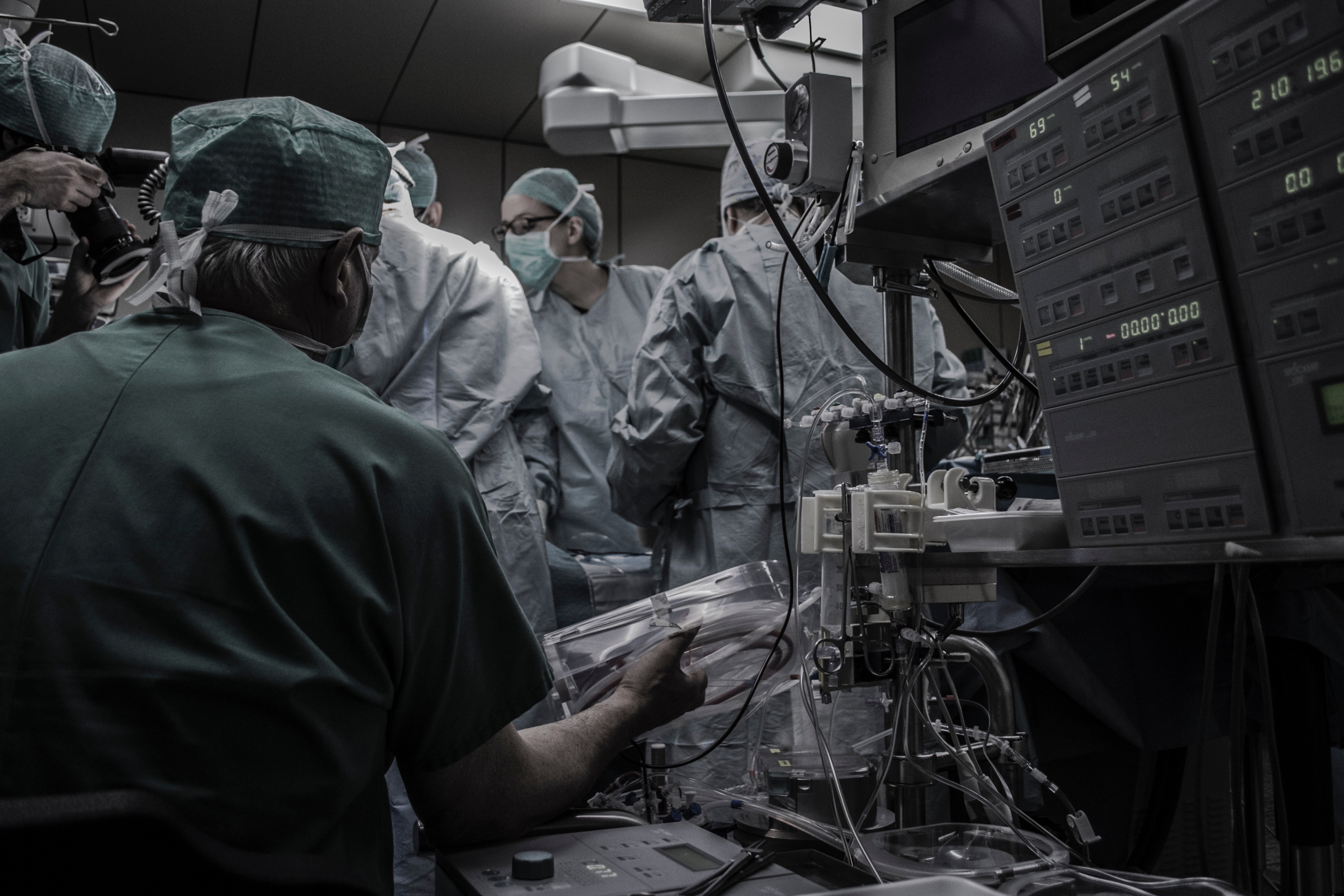Rare blood types
You may already know your blood type: whether it’s A, B, AB or O, and whether it’s positive or negative. But those are just the most common categories—what about the rest? What about people with ‘rare’ blood who don’t fit into any of these categories, thanks to uncommon combinations (or absences) of certain antigens?
There are hundreds of different antigens across more than 36 blood group systems that may be present on our red blood cells. For example, you may have AB blood in the ABO blood group system, be Rh positive in the Rh system, as well as being K positive in the Kell system, and so on.
You have a ‘rare’ blood type if your blood is missing an antigen which is common to most people, or if it has an antigen which most people don’t have. Say your blood lacks an antigen which is present on the red cells of the majority of the population. If you receive a transfusion of ‘ordinary’ blood which has that common antigen, it will be recognised as foreign, triggering an immune response with potentially catastrophic results. An example is the Jk system, where most people have Jka and/or Jkb types, but some people lack a and b and are a rare Jka–b– type.
Conversely, if your blood has a rare antigen and is introduced into the body of a patient without it, it will be recognised as foreign. For example, in the 1990s, researchers at the Australian Red Cross Blood Service discovered something interesting about the blood cells of donor Sarah Culhane—they had an antigen on them that had never been seen before. Researchers named the antigen ‘SARA’. Some of Sarah’s unusual blood was frozen and stored.
Twenty years later, Canadian Blood Services sent the Australian organisation blood from the family of a Canadian baby who had required a massive blood transfusion at birth. They suspected it might be related to the rare SARA antigen. Testing showed that the mother’s blood was SARA negative—with anti-SARA antibodies. They had attacked the baby’s cells, which were SARA positive.
The SARA antigen has now been officially recognised by the International Society for Blood Transfusion. A very rare antigen, only two families in the world are known to have it. Because the same thing that happens in pregnancy or transfusion with incompatible Rh types can occur with SARA, correct typing and matching are very important.
One of the rarest blood types in the world is Rhnull, sometimes referred to as ‘golden blood’. People with this blood type have a complete absence of any of the Rh antigens. It was first discovered in an Aboriginal Australian and is extremely rare, with fewer than 50 individuals known to have Rhnull blood in the 50 years after its discovery. Its rarity means that donations of Rhnull are incredibly scarce and difficult to obtain when an Rhnull individual needs a blood transfusion, relying on the cooperation of a small network of regular Rhnull donors around the world to ensure this blood type is always available when needed.

Interestingly, for reasons that aren’t well understood by scientists, not all ‘foreign’ antigens are equally likely to be targeted for destruction by antibodies. So, although there are 36 recognised blood group systems in total, there are only certain types that doctors and patients need to be careful about when it comes to blood transfusions. ABO antibodies, for example, are pretty much always clinically significant. Other blood groups that are likely to cause transfusion reactions include the blood types MNS, Kell, Kid and Duffy.





